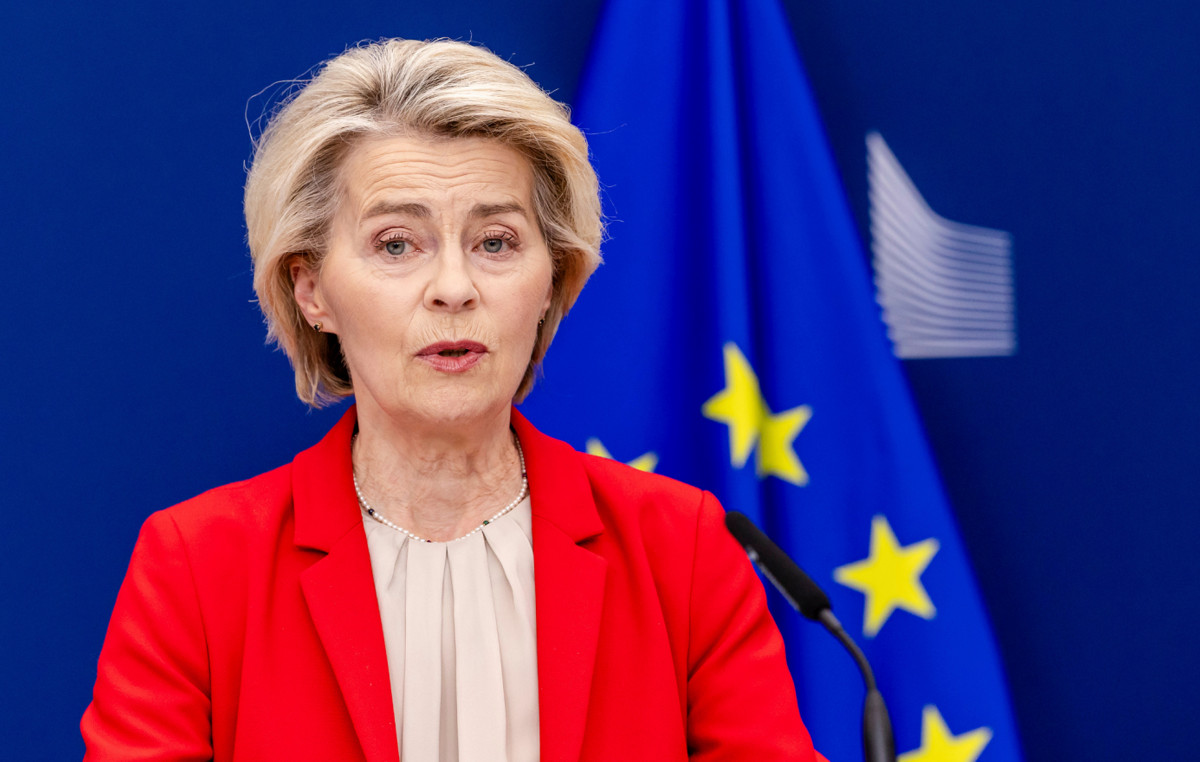Elected two years after the social insurrection that shook Chile in 2019, leftist Gabriel Boric assumes, this Friday (11), the country’s presidency. The inauguration ceremony, which will be held at the Congress, in the city of Valparaíso, will be attended by Brazilian Vice President Hamilton Mourão and former President Dilma Rousseff.
The youngest president in the history of Chile, aged 36, Boric takes charge of La Moneda with more challenges than those inherited from the social insurrection, which demanded a higher quality of life and a more egalitarian society.
The former deputy, who became known in his youth for being one of the leaders of the massive student demonstrations that took to the streets of Santiago in 2011, will also have to deal with the migration crisis in the north of the country, with conflicts between the Mapuche indigenous people. in the south and the link between his government’s image and the success of the convention that writes the country’s new Constitution.
For sociologist Eugenio Tironi, the first challenge for the Boric government will be to get the Constitutional Convention to reach a proposal widely approved in the so-called “exit plebiscite”, in which the population will decide whether or not to approve the text prepared to replace the 1980 Constitution. .
“There is a Siamese relationship between the new Constitution and the Boric government, and if that doesn’t happen, it would take all the energy out of the new government,” he says, about the text that is currently being deliberated among the 155 popularly elected constituents drafting a new constitution. .
The initiative to replace the current text, inherited from the dictatorship of Augusto Pinochet, was decided in the 2020 plebiscite, held after an agreement by the political class to try to put an end to the crisis generated by the social insurrection that exploded the previous year.
The president elected at a time when society was asking for change, will be the first to have the majority of the ministerial cabinet made up of women.
With an essentially young team, which includes fellow student leaders who took the population to the streets in 2011, such as Camila Vallejo and Giorgio Jackson, he has expectations of significant changes that improve the lives of the population.
Among the main objectives of the new management are structural reforms, such as taxation, to guarantee resources for greater public spending, and social security, currently controlled mainly by private funds, and is a reason for strong social dissatisfaction.
However, because it does not have an absolute majority in the Legislature, it can be an obstacle to the approval of ambitious bills.
“For pension reform, the new government wants private funds, which today manage the equivalent of 60% of GDP, to no longer receive resources and the creation of a public entity to manage funds paid by employers. But as a more substantial majority is needed to pass this reform, and there is a tie between the right and the left in parliament, I think they will have to give in on some points”, explains economist Francisco Castañeda, director of the Universidad Mayor Business School. .
Despite expectations, Boric has made it clear that the changes promoted by his administration will be gradual. According to Castañeda, the leftist’s speech moderated after the first round of the elections, which, added to the nomination of Mario Marcel, until then president of the Central Bank, as Minister of Finance, calmed the private sector.
“Boric adopted a more social-democratic discourse, because reality imposes restrictions and probably because of a greater awareness that signals to the private sector are very important to create jobs and reduce social inequalities”, says the economist.
“He insisted on moderation and gradualness so that the changes are sustainable,” he explains.
On the other hand, Tironi believes that, despite the lack of an absolute majority in the Legislature, the government must find “a good climate” to be able to approve “a relevant tax reform, a social security reform that gives the State a more central role, and for the creation of a single health system”.
“These will not be the problems of this government”, he considers, affirming that the erosion of the popularity of the center-right and the possibility of victory of the ultra-rightist José Antonio Kast changed this sector of the political spectrum.
In addition, despite the social demands that led Chileans to take to the streets from 2019 onwards, issues such as urban insecurity, conflicts over territory between Mapuche indigenous people and landowners in the south of the country, and massive migration across borders in the north of the country. – mostly Venezuelans – in recent years have come to dominate public discussion.
The north and south of the country are under a state of emergency constitutional exception due to the migratory and territorial crises, respectively.
“Chilean society has changed a lot since the social explosion of 2019. We see even in research that the demands that were present at that time, such as pensions and health mainly, today have a smaller place on the public agenda. And those related to public security and migration have gone up”, explains sociologist Eugenio Tironi. “The atmosphere has changed, the climate has changed, and a government has to respond to the present climate, not the past”, he concludes.
Source: CNN Brasil
I’m James Harper, a highly experienced and accomplished news writer for World Stock Market. I have been writing in the Politics section of the website for over five years, providing readers with up-to-date and insightful information about current events in politics. My work is widely read and respected by many industry professionals as well as laymen.







